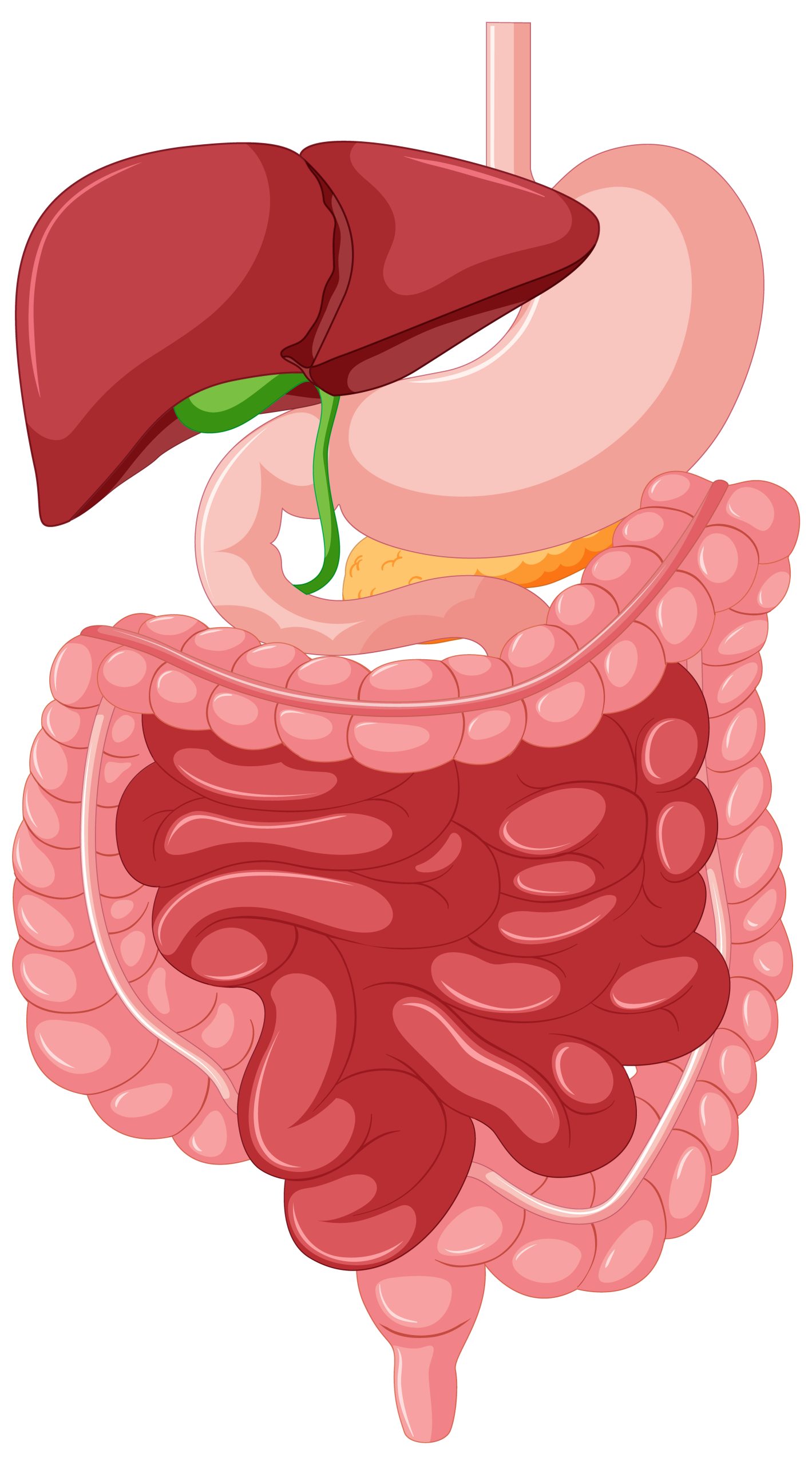Intestinal pain can be a very uncomfortable and unpleasant experience, and it’s something that affects many people. There are a number of different causes of intestinal pain, from digestive disorders to dietary issues. But did you know that stress can also have a significant impact on your gut health and cause intestinal pain? In this article, we’ll explore the link between stress and gut health and look at some ways you can manage stress to improve your overall intestinal health.
When you’re under stress, your body produces a hormone called cortisol. Cortisol is part of the body’s natural “fight or flight” response and is designed to help you deal with stressful situations. However, if you’re constantly under stress, your cortisol levels can become chronically elevated, which can have a negative impact on your gut health.
One way that stress affects your gut is by disrupting the balance of bacteria in your digestive system. Your gut is home to trillions of bacteria, which play a key role in maintaining your overall health. When you’re under stress, your body produces fewer of the “good” bacteria that help keep your gut healthy and more of the “bad” bacteria that can cause inflammation and other digestive issues.
Stress can also cause inflammation in the gut, which can lead to intestinal pain and discomfort. Inflammation is the body’s natural response to injury or infection, but when it becomes chronic, it can have a negative impact on your health. Chronic inflammation is thought to play a role in a range of health issues, including heart disease, diabetes, and autoimmune disorders.
So, what can you do to manage stress and improve your gut health? Here are some tips:
- Practice stress-reducing techniques: There are a number of different techniques you can use to reduce stress, including meditation, deep breathing exercises, and yoga. Find a technique that works for you and make it a regular part of your routine.
- Get enough sleep: Sleep is essential for overall health, and getting enough sleep can help reduce stress levels. Aim for seven to eight hours of sleep each night.
- Eat a healthy diet: Eating a healthy diet rich in fiber, fruits, and vegetables can help promote good gut health. Avoid processed foods, sugar, and alcohol, which can all contribute to inflammation in the gut.
- Exercise regularly: Exercise is a great way to reduce stress and improve overall health. Aim for at least 30 minutes of moderate exercise each day.
- Seek professional help: If you’re struggling with chronic stress and intestinal pain, it may be helpful to speak to a healthcare professional or therapist. They can help you develop a personalized plan for managing stress and improving your gut health.
In conclusion, stress can have a significant impact on your gut health and cause intestinal pain and discomfort. By managing stress and taking steps to promote good gut health, you can improve your overall wellbeing and reduce your risk of chronic health issues. Remember to make self-care a priority and seek professional help if you need it.




